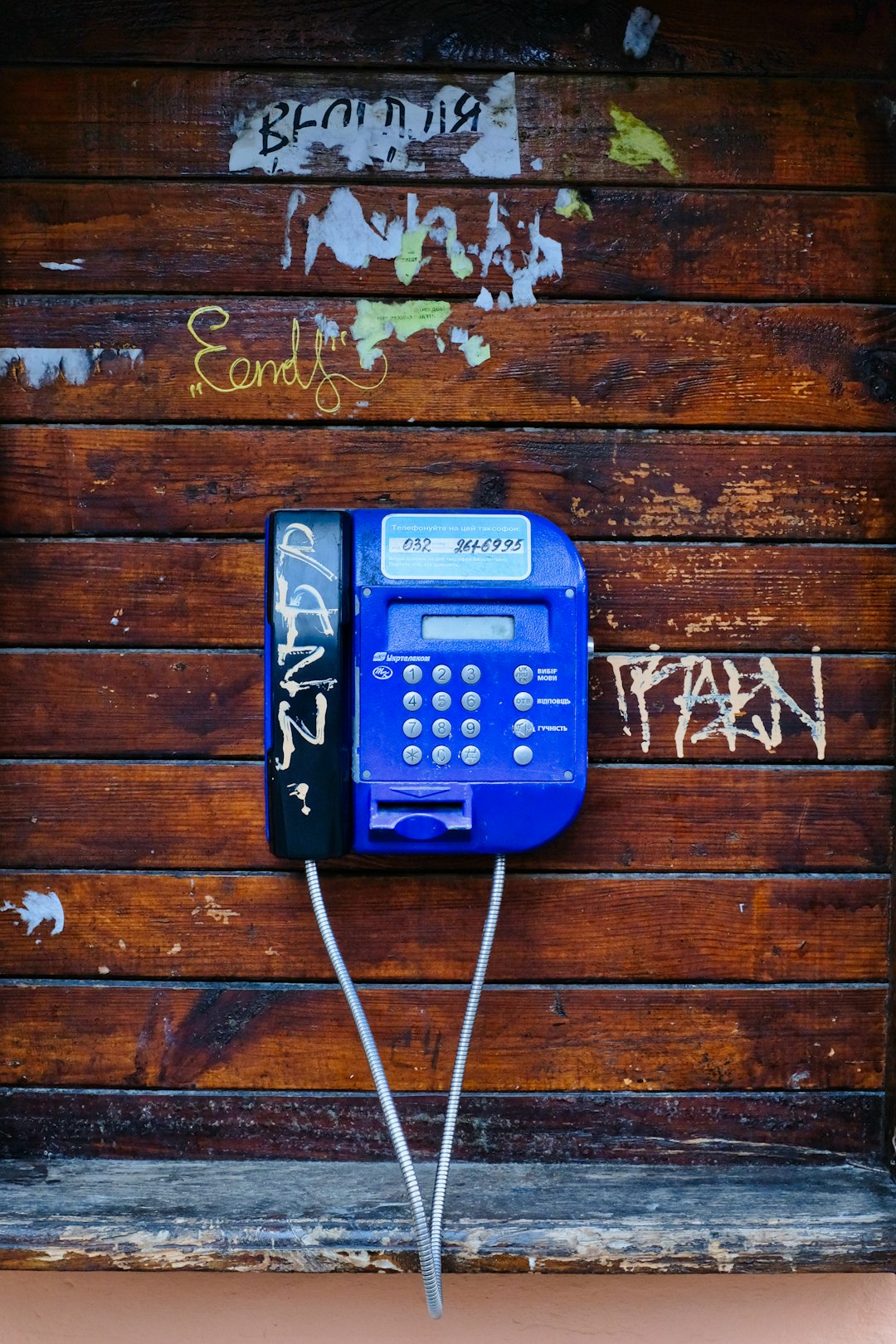In Kentucky, strict laws protect residents from unwanted telemarketing and debt collection calls. Educational institutions in Bowling Green can combat this issue by hosting workshops, seminars, and integrating curricula that educate students about their rights, legal options, and how to recognize and handle suspicious calls, with support from unwanted call lawyers in Kentucky. Schools' advanced communication systems can also block or filter robocalls, fostering a culture of responsible communication.
In Bowling Green, Kentucky, educational institutions play a pivotal role in combating unwanted calls. This article explores how schools and universities can serve as powerful allies in raising awareness about anti-telemarketing laws. By understanding Kentucky’s regulations against unsolicited phone marketing, these institutions can implement effective strategies to educate students and the community. Join us as we delve into practical approaches to make Bowling Green a safer space from unwanted call lawyers targeting unsuspecting residents.
Understanding Unwanted Call Laws in Kentucky

In the state of Kentucky, there are strict laws in place to protect residents from unwanted calls, particularly those related to telemarketing and debt collection. Unwanted call lawyers in Kentucky play a crucial role in ensuring these regulations are adhered to, and they can help individuals navigate the legal landscape surrounding these issues. The Kentucky Attorney General’s Office provides guidelines and resources for consumers to understand their rights, including restrictions on call volume, proper caller identification, and do-not-call lists.
Educational institutions, such as universities and colleges, can serve as powerful tools in raising awareness about unwanted calls. These organizations often have dedicated legal departments or partnerships with law firms that specialize in consumer protection. By utilizing these resources, educational institutions can host workshops, seminars, and information sessions to educate students, faculty, and staff about their rights and the legal consequences of violating them. This proactive approach not only helps individuals protect themselves from unwanted calls but also fosters a culture of awareness and understanding within the community.
The Role of Educational Institutions in Awareness Campaigns

Educational institutions play a pivotal role in raising awareness about unwanted calls, especially in communities like Bowling Green, Kentucky, where legal options for dealing with such issues are readily available through unwanted call lawyers Kentucky. Schools and universities can serve as powerful platforms for disseminating information on do’s and don’ts of making and receiving phone calls, promoting privacy rights, and educating students about the legal ramifications of harassing or unsolicited calls.
Through workshops, seminars, and educational programs, these institutions can empower students to take control of their communication preferences, report abusive calls, and understand their rights under relevant state laws. By integrating such awareness campaigns into their curricula, academic bodies contribute significantly to fostering a culture of responsible communication and ensuring that individuals are equipped with the knowledge needed to navigate the complex landscape of phone call regulations.
Strategies to Implement at Bowling Green's Educational Hubs

Bowling Green’s educational institutions can serve as powerful allies in the fight against unwanted calls, or robocalls, a persistent problem affecting many residents in Kentucky and across the nation. One effective strategy is to integrate public awareness campaigns into existing curriculums. These campaigns can educate students about the risks and consequences of sharing personal information over the phone, empowering them to make informed decisions and protect themselves from potential fraud. Collaborative efforts between local unwanted call lawyers and school administrators could yield informative workshops or seminars, teaching students how to recognize and handle suspicious calls.
Additionally, utilizing technology available at these educational hubs is key. Schools often have access to advanced communication systems that can be leveraged to block or filter out unwanted calls. By implementing these measures, Bowling Green’s educational institutions can play a significant role in reducing the impact of robocalls on the local community, ensuring students are equipped with the knowledge and tools needed to navigate this modern-day challenge.






